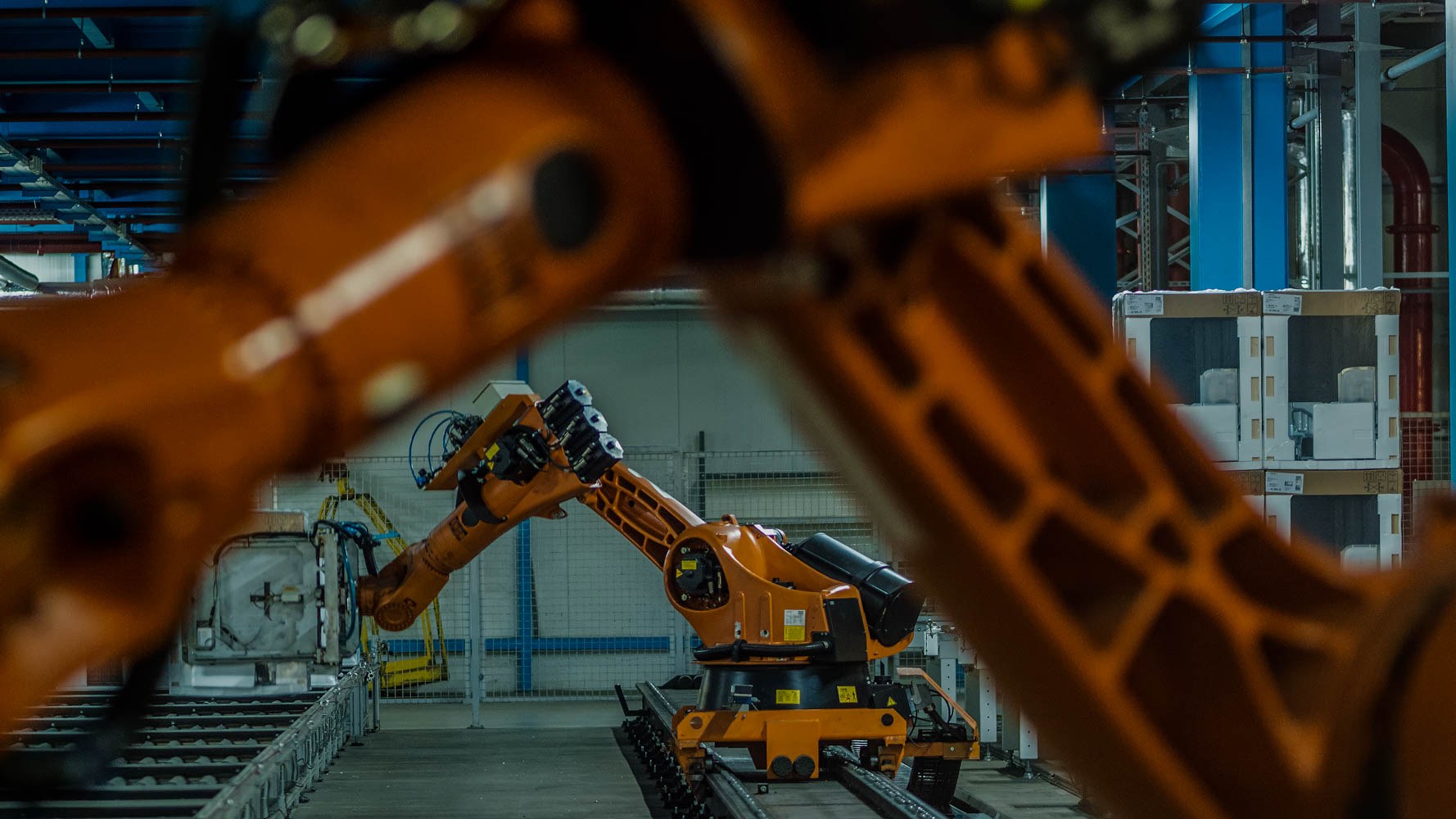Asia will grow to be a more integral part of the global electric vehicle supply chain in 2023 as battery manufacturers strive to keep up with increasing demand.
Global EV penetration is expected to be 15.8% at the end of 2023, up from 11.8% in the previous year, as consumers shift to more energy-efficient vehicles. Demand for batteries that power EVs may grow 43% in 2023 to 706 gigawatt hours and 18% per annum from 2023 to 2028 to 1,647 gigawatt hours. EV battery manufacturers from Asia are well-positioned to capitalize on the increased demand.
Regional competition to produce EV batteries will remain tight. Korean and Japanese battery companies are currently seeking geographical diversification, with a near-term focus on expanding in the US as its Inflation Reduction Act encourages producers to build localized plants to qualify for tax benefits. These manufacturers are diversifying battery design and functions to supply for long range, premium models of US and European EVs. The European Union’s Critical Raw Materials Act, set up to achieve carbon neutrality for the region, while in itself does not promote EVs, incentivizes companies to set up battery supply chains in Europe. That in turn should accelerate the adoption of EVs in the region. Korea’s battery companies already have 43% of total capacity in Europe as at end-2022 and are likely to expand to North America instead.
Meanwhile, China, which currently dominates the global EV battery sector with over 70 percent of global battery capacity, is looking to strengthen its own supply chain domestically, before growing externally in the future. The national government has renewed stimulus measures to boost EV adoption by way of tax exemptions. Many Chinese local governments are also taking steps such as providing free parking in public facilities, shopping vouchers and direct subsidy for replacing internal combustion engine (ICE) vehicles with EVs, to boost EV sales in their regions.
Other global tailwinds will also continue to prop up EV battery growth. These include falling lithium and nickel prices, infrastructural support for EVs by way of more public charger installations, and the progression of original equipment manufacturers’ own battery production.
Lithium, a key component of rechargeable batteries, will see prices soften in 2023 as mining supply growth will surpass demand growth. We estimate lithium prices to decline 35% year-over-year in 2023 and 20% in 2024. China is currently the dominant supplier of refined lithium products, although its representation may fall to 59% by 2025 from 61% in 2021, driven by more projects outside the country as well as US and Europe government initiatives to build localized lithium refinery plants.
The number of EV public chargers globally totaled 2.78 million in 2022, up 59% from the previous year. The growth rate was faster than the previous year, likely due to the growth of fast charging points. The number of public chargers per EV has remained broadly flat over the past five years – roughly 1 for every 10 cars – as the rollout of public chargers stays in line with EVs on the road. China has almost two-thirds of global public charging points, with other countries trailing far behind – US at 5.7%, South Korea at 4.8% and Netherlands at 4.5%.
For more on the global EV batteries outlook, read our full report.










